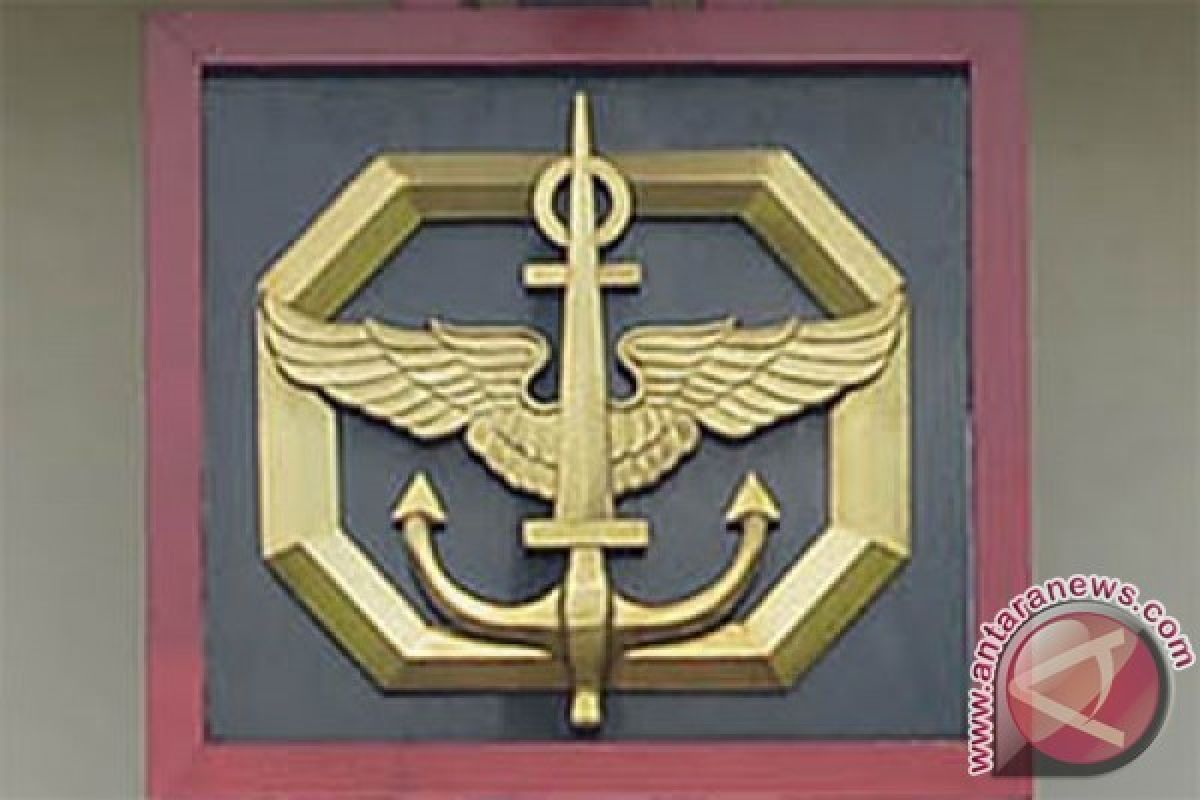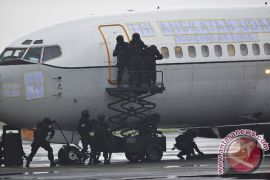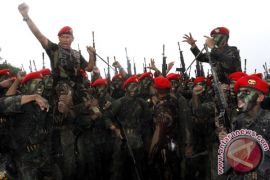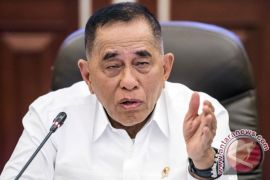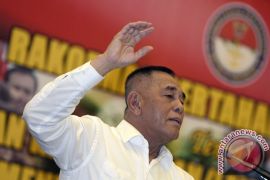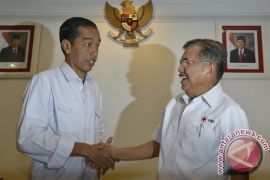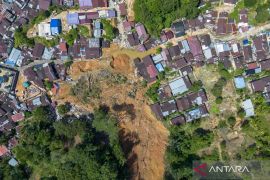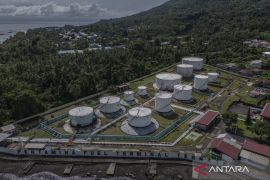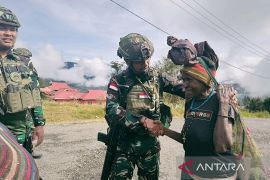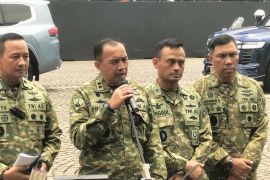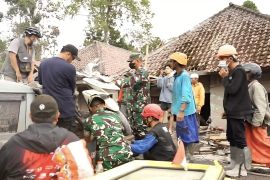Following talks with his counterpart in the United States here on Tuesday, Ryacudu noted that Mattis will try to remove restrictions imposed on Kopasus.
"Sanctions have been imposed on Kopasus for a while, and he will try to remove them. One of the sanctions is that they are not allowed to visit the United States. They cannot conduct training together, and he will have to reopen this," Ryacudu remarked.
In 2010, the United States had lifted its ban on military contact with Kopasus, which was initially imposed due to accusations of human rights violations by its members in Aceh, Papua, and East Timor.
The sanctions made it impossible for Kopasus to train in the United States, Ryacudu noted.
After meeting with the US defense secretary, Ryacudu explained that the United States will assist in the implementation of trilateral patrols in coordination with Indonesia, Malaysia, and the Philippines to prevent terror threats in Sulu Sea.
Ryacudu quoted Mattis as saying that the United States was ready to bring in its military equipment, as part of its commitment to help secure the Sulu Sea, where shipwrecks often occur.
"I am happy that the United States has more advanced military equipment than us," Ryacudu noted.
Trilateral patrols, which had been conducted since 2016, are necessary to track the existence of radical groups of Islamic State of Iraq and Syria and to also reduce the crimes of armed groups that often operate at sea.
According to Ryacudu, members of radical groups have currently spread in the region of Southeast Asia, with Indonesia, Malaysia, and the Philippines being the centers of their activities.
"Hence, trilateral patrols need to be strengthened by increasing the number of spy personnel," he emphasized.
Mattis also believes that trilateral patrols are important to suppress the spread of terrorism that endangers the lives of civilians and to also dispel crimes.
Reporter: Ade P Marboen
Editor: Ade P Marboen
Copyright © ANTARA 2018
